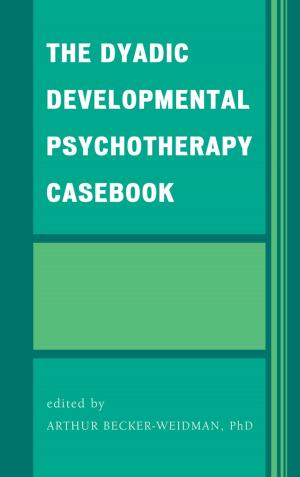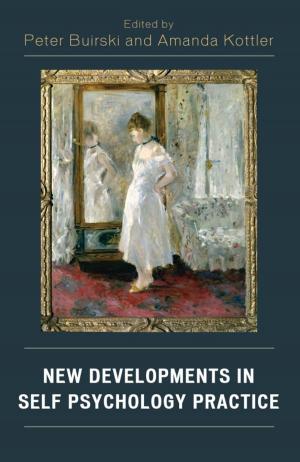Existential Psychotherapy and the Interpretation of Dreams
Nonfiction, Health & Well Being, Psychology, Psychoanalysis, Applied Psychology| Author: | Clark E. Moustakas | ISBN: | 9781461628439 |
| Publisher: | Jason Aronson, Inc. | Publication: | March 1, 1996 |
| Imprint: | Jason Aronson, Inc. | Language: | English |
| Author: | Clark E. Moustakas |
| ISBN: | 9781461628439 |
| Publisher: | Jason Aronson, Inc. |
| Publication: | March 1, 1996 |
| Imprint: | Jason Aronson, Inc. |
| Language: | English |
Existential Psychotherapy and the Interpretation of Dreams, by Clark Moustakas, presents a fresh model for the effective integration of dreamwork in humanistically oriented psychotherapy. The existential-phenomenological emphasis opens channels of conscious awareness that enable people in therapy and in everyday living to awaken to their own visions, hopes, and dreams. The internal shadows and fires of individual consciousness come to light in therapy and in dreams and invite self-resources and self-directions for change in self-growth and in significant relationships. An Existential Model is presented in detail as a guide to effective psychotherapy. With slight modification, the Model is also applicable to an understanding and interpretation of one's own dreams as well as the dreams of people who are in therapy. Through existential awareness and reflective thinking, the reader is encouraged to discover constructive challenges and paradoxes that connect dreams with waking life and lead to the discovery of creative possibilities for work and living. The existential approach to psychotherapy and dream interpretation is explicated through examples of phenomenological interviewing, use of description in lifting out horizons and core meanings, and analysis of core themes that intimately embrace the self. Existential philosophy recognizes mystery encompasses the unknown and unpredictable and asserts that regardless of past suffering and impoverishment, the potentials for health and well-being are within reach. The Existential Model offers a practical methodology and a set of guides for achieving these goals and finding a future that moves beyond the restraints and rejections that have resulted from choosing the wrong path for identity expression and selfhood. The person is the central catalyst for decision and action and retains control over her or his own destiny.
Existential Psychotherapy and the Interpretation of Dreams, by Clark Moustakas, presents a fresh model for the effective integration of dreamwork in humanistically oriented psychotherapy. The existential-phenomenological emphasis opens channels of conscious awareness that enable people in therapy and in everyday living to awaken to their own visions, hopes, and dreams. The internal shadows and fires of individual consciousness come to light in therapy and in dreams and invite self-resources and self-directions for change in self-growth and in significant relationships. An Existential Model is presented in detail as a guide to effective psychotherapy. With slight modification, the Model is also applicable to an understanding and interpretation of one's own dreams as well as the dreams of people who are in therapy. Through existential awareness and reflective thinking, the reader is encouraged to discover constructive challenges and paradoxes that connect dreams with waking life and lead to the discovery of creative possibilities for work and living. The existential approach to psychotherapy and dream interpretation is explicated through examples of phenomenological interviewing, use of description in lifting out horizons and core meanings, and analysis of core themes that intimately embrace the self. Existential philosophy recognizes mystery encompasses the unknown and unpredictable and asserts that regardless of past suffering and impoverishment, the potentials for health and well-being are within reach. The Existential Model offers a practical methodology and a set of guides for achieving these goals and finding a future that moves beyond the restraints and rejections that have resulted from choosing the wrong path for identity expression and selfhood. The person is the central catalyst for decision and action and retains control over her or his own destiny.















